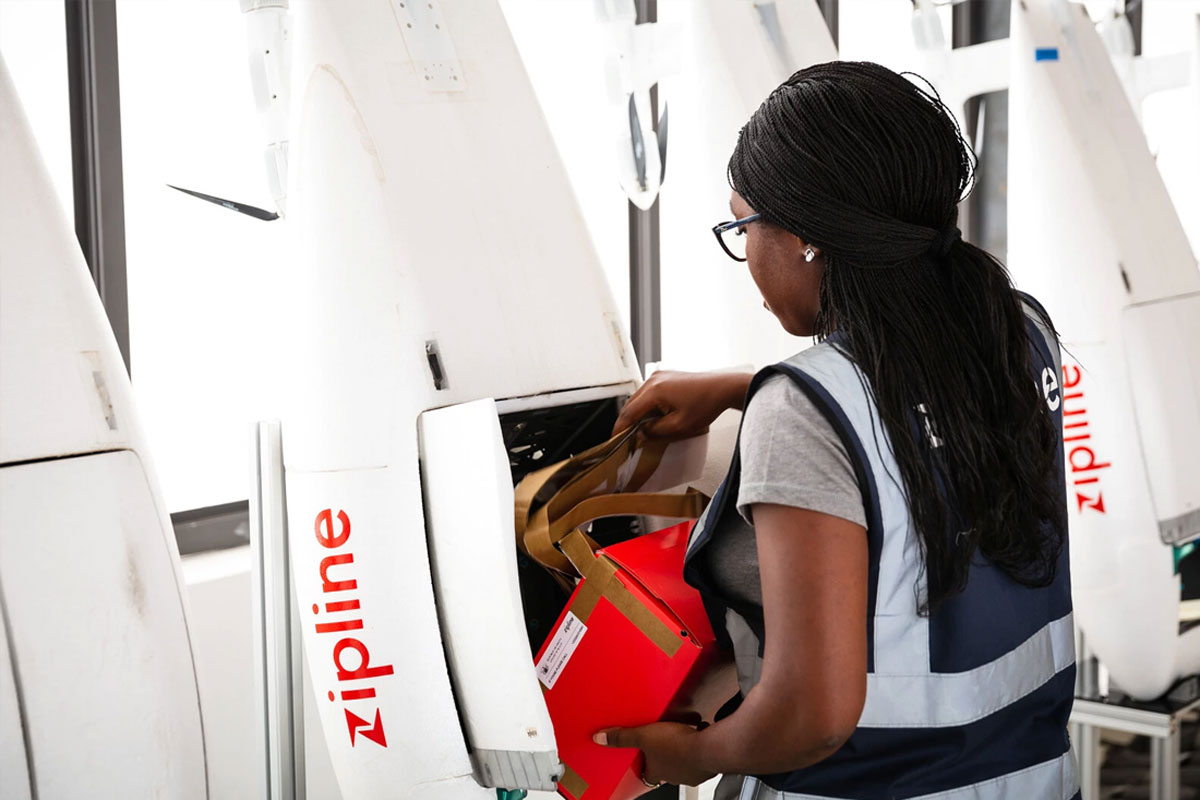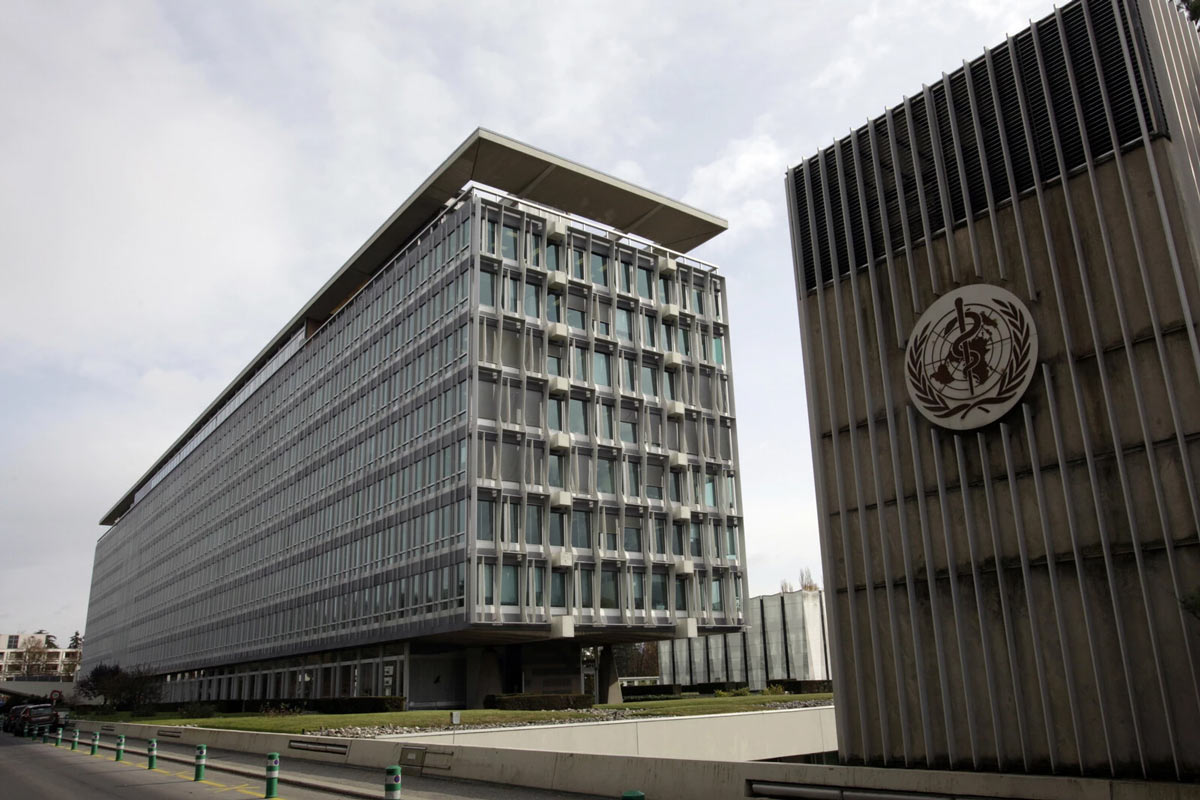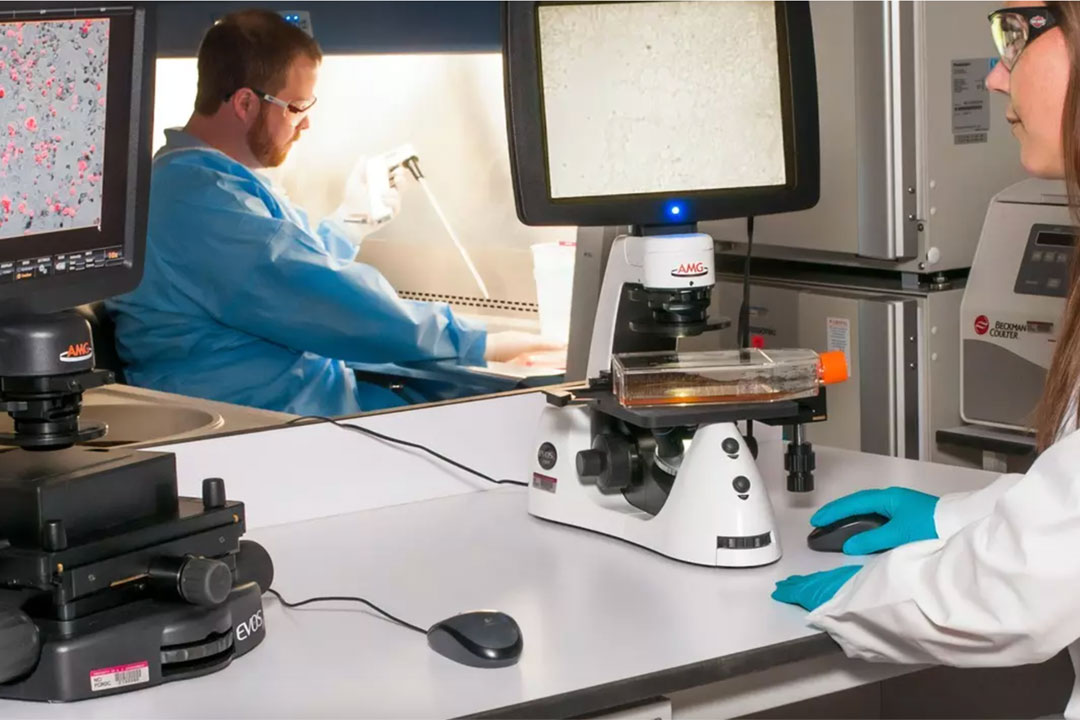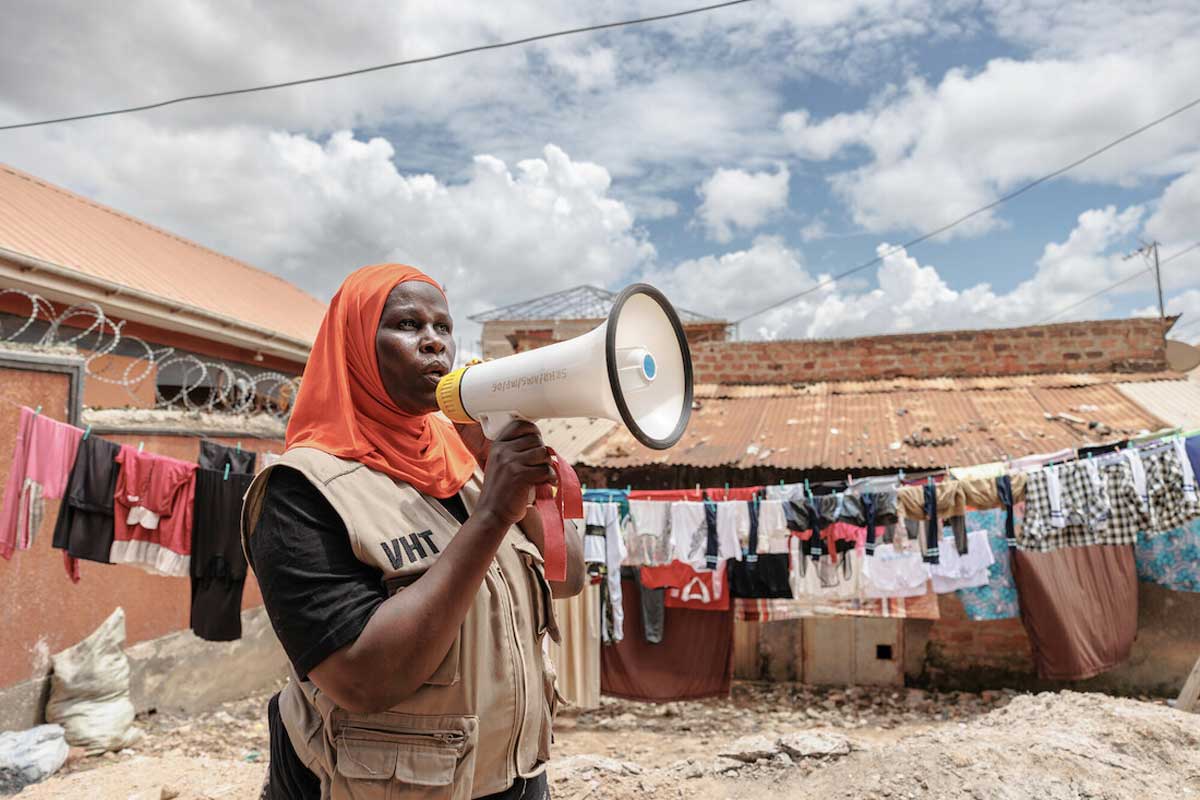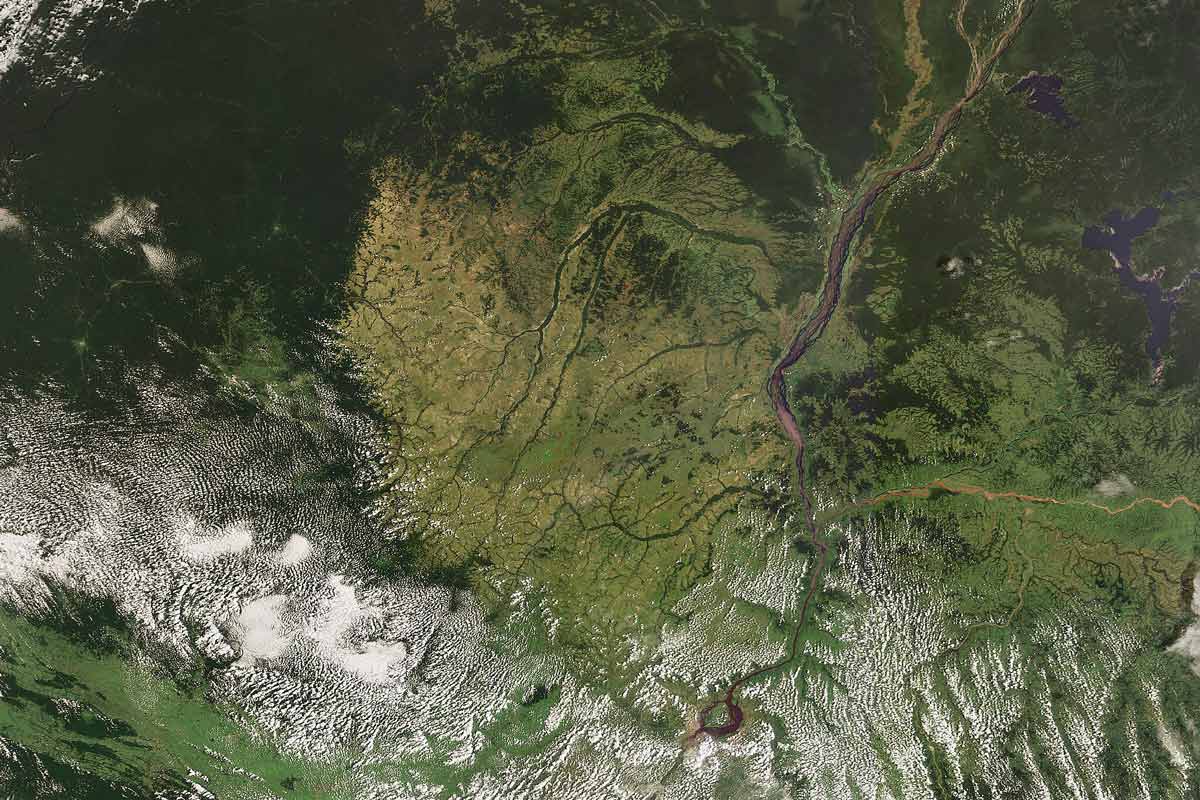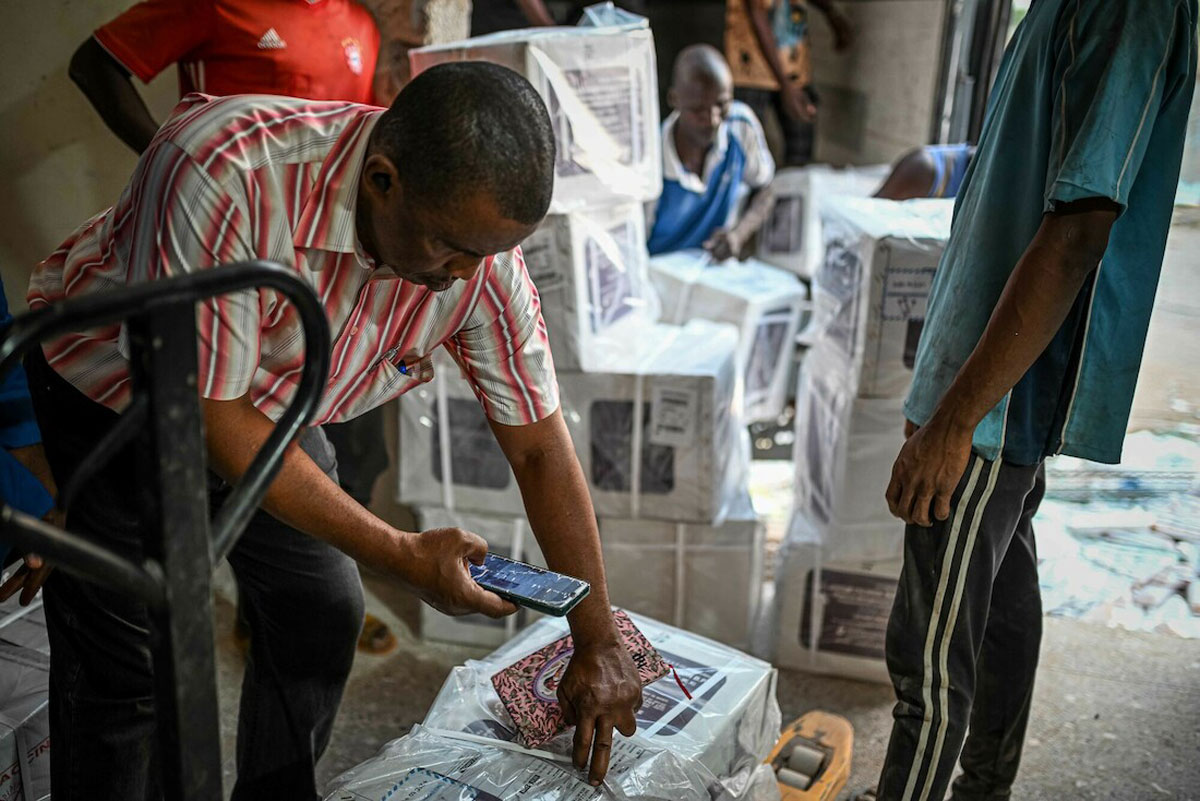How climate change makes global health issues harder to solve
Human health is deeply linked to planetary health. As climate change harms the planet, we too are harmed. But it is possible to break the link, experts say.
- 21 September 2023
- 4 min read
- by World Economic Forum
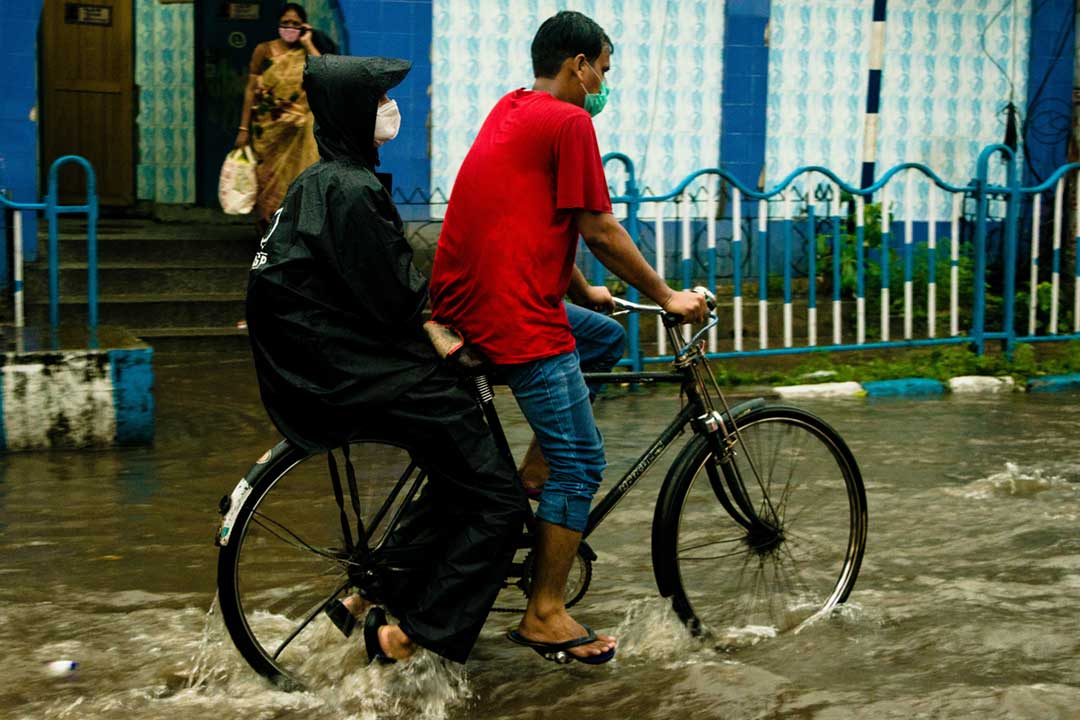
At its core, climate change is also a health issue: from the air we breathe to the food we eat, the health of the planet is fundamentally linked to our own health.
As climate change worsens, so too does human health. And as weather becomes more unpredictable and ecosystems change, it creates and exacerbates acute emergencies. Mental health, disease spread, and more are all at risk of worsening if we do not address climate change.
Understanding, and then breaking, the link between climate change and poor health outcomes is possible by working with and in local communities and by taking the connection seriously on a global scale. Already, there is evidence in communities that this is possible.
Experts explored the link between climate and health at the World Economic Forum's Sustainable Development Impact Meetings 2023 in New York at a session on Exploring the Climate and Health Nexus.
The climate-health nexus
Vanessa Kerry, Co-Founder and Chief Executive Officer at Seed Global Health, also serving as Special Envoy for Climate Change and Health at the World Health Organization, highlighted the negative connection between climate ill-health and human ill-health she witnessed in her work.
"We've seen in Malawi, for example, a country I've been in for 13 years, we've been helping respond to their cholera outbreak that just happened, which was the longest and worst outbreak that ever happened. Schools shut down, businesses shut down, tens of thousands got sick, thousands died."
She explained this was "all because of climate change" — tropical storms, exacerbated by climate change, sweeping southern Africa had compromised the water supply, infecting it with cholera.
"What's happening in health and what's happening in climate doesn't respect borders."
— Vanessa Kerry, Co-Founder and Chief Executive Officer, Seed Global Health
That strain of cholera was the same one found in floods in Pakistan in 2021, she adds, which reiterates the transnational nature of the climate change issue: "We share the crisis — what's happening in health and what's happening in climate doesn't respect borders."
Dr Jemilah Mahmood, Executive Director of the Sunway Centre for Planetary Health at Malaysia's Sunway University, said that the unfortunate convergence of climate and health is particularly acute in Asia.
"Asia is the supermarket of disasters," Mahmood said. "All the climate disasters you're going to see are going to happen in Asia. Any infectious disease outbreaks — a lot of them emerge from Asia as well."
Local solutions to a global challenge
For Mahmood, there is clear hope: "With very little resources, you can have high impact… working with communities, with local resources, you have the ability to listen and develop empathy and develop solutions that are very local and very relevant."
She highlighted the work in Indonesia of Health in Harmony, in partnership with Alam Sehat Lestari, who worked with local communities forced into deforestation to pay for healthcare. Now, after being provided the resources for a health clinic, instead of cutting down forests, they are protecting them. Poor health was causing deforestation.
Have you read?
Health In Harmony today works with 135,000 Indigenous, traditional and rainforest peoples, providing healthcare in exchange for goods like handicrafts or even labour, and protects more than 8.8 million hectares of rainforest.
For Mahmood, this is evidence that the cycle can be broken: "They stopped deforestation and they find that they have other means for economic livelihood. Their families are healthy. That's what people want ultimately."
Community-based solutions also help counter the despair that we see from climate stressors, says John Balbus, Director at the Office of Climate Change and Health Equity and Deputy Assistant Secretary for Climate Change and Health Equity at the US Department of Health and Human Services.
"It's not just a physical health problem; it's a physical and mental health problem. And we have to address those two things together," he says.
"And so we're working on community-based solutions that not only provide services but also provide hope to young people."
The session 'Exploring the Climate and Health Nexus' was moderated by Paulette Frank, Chief Sustainability Officer, Johnson & Johnson.
Participants:
Dr Jemilah Mahmood, Executive Director of the Sunway Centre for Planetary Health, Sunway University
Vanessa Kerry, Co-Founder and Chief Executive Officer at Seed Global Health and Special Envoy for Climate Change and Health at the World Health Organization
John Balbus, Director, Office of Climate Change and Health Equity, US Department of Health and Human Services
Watch the full session here:
Written by
Chris Hamill-Stewart, Writer, Forum Agenda
Gayle Markovitz, Lead Editor, World Economic Forum
Website
This article was originally published by the World Economic Forum on 20 September 2023.
